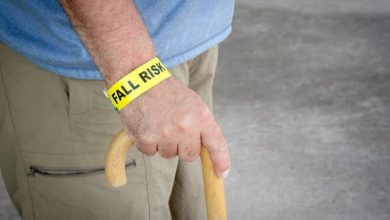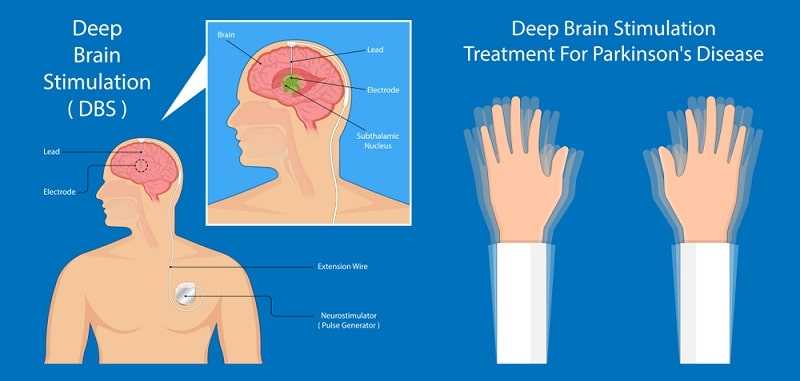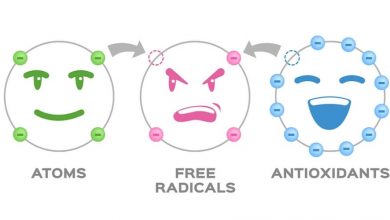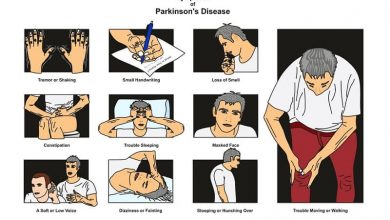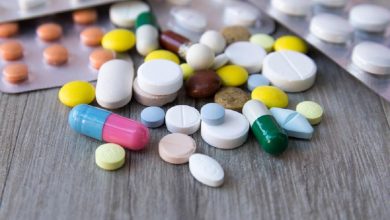Dehydration Can Cause Disease
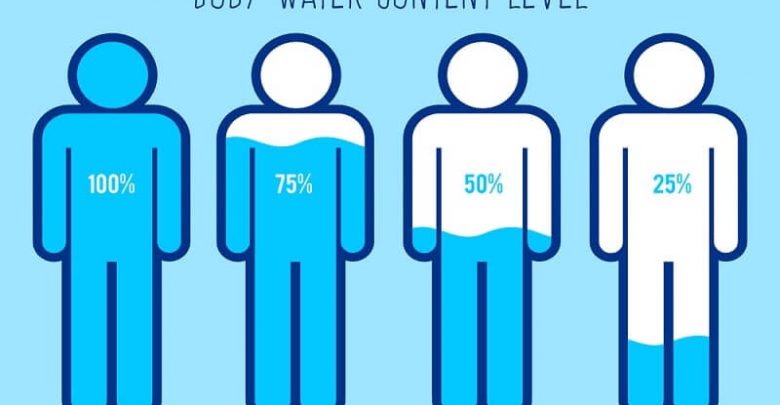
You’ve heard the statement “you can lead a horse to water, but you can’t make him drink”. The issue with the Western diet is that with all the process foods, and drink substitutes for water available to us, we are dehydrated from the lack of plain water. Water is absolutely essential for life. The body’s pH and electrolyte concentration levels are very narrow and keeping in that narrow limit is essential for survival.
Water continuously moves throughout all the membranes from the blood to the lymph system, to the brain’s neuro-transmitter fibers and all other organs of the body. It’s needed to transport vital nutrients like minerals, vitamins and amino acids to every cell of the body and extract waste from every cell. We humans, as we grow older, lose sensitivity to the insufficient water intake sensation. Without this sensitivity, we are not aware of the ratio of the amount of water held inside all the cells to the volume of water held outside the cells of the body. If we have long durations of dehydration, cells lose the ability to function properly and die. Chronic dehydration can and often leads to degeneration and disease. The dry mouth is the very last sign of dehydration. The body can suffer from dehydration even when the mouth may be fairly moist; the mouth can seem to be obviously dry and yet thirst may not be acknowledged by your senses.
About 30% of our body weight is composed of inter-cellular fluid. An additional 20% of body weight is external-cellular fluids. If the body is to maintain homeostasis (efficient balancing of our body’s metabolic functions), it requires that water intake must equal it’s elimination by the kidneys, liver, skin and respiratory system. That means we must drink large enough amounts of water-based fluids during each day. In addition to the water we drink we gain additional fluids from the food we eat like vegetables and fruit. The human body needs between 50 ounces and 75 ounces of water from all sources each and every day to maintain a basic fluid balance.
Unfortunately, because of gradually and failing thirst sensations, our body becomes chronically and increasingly dehydrated from an early adult age. Those of us with degenerative diseases like Parkinson’s have gone many years without proper intake of water. Many times when we feel hungry our bodies are actually crying for water.
Long periods of dehydration affect the brain which is more than 80% water. After long periods without sufficient water, the body goes into a form of drought management affecting the efficiency of the nervous system. Each neuro-transmitter bundle carries micro tubes of fluids that transport the transporter proteins with the neuro-transmitter vesicle enzymes (electrical currents) efficiently from the brain to the various organs and muscles. This fluid becomes viscous and slows down the efficiency of electrical impulses that must transfer from the neurons and the synapses in the brain when the body is dehydrated. These micro tubes of water that are in neuron bundles, when dehydrated, will become viscous after long periods of time, making it more difficult for the
body to detoxify the neurons. If this continues for long periods of time, plaque builds up in these tubes and further reduces the efficiency of the electrical impulses. When the brain is not stimulated by the synapses they start to die. When signs of Parkinson’s and other degenerative diseases rear its head, researchers have found that almost 50% of the neurotransmitters and synapses are inefficient or dying.
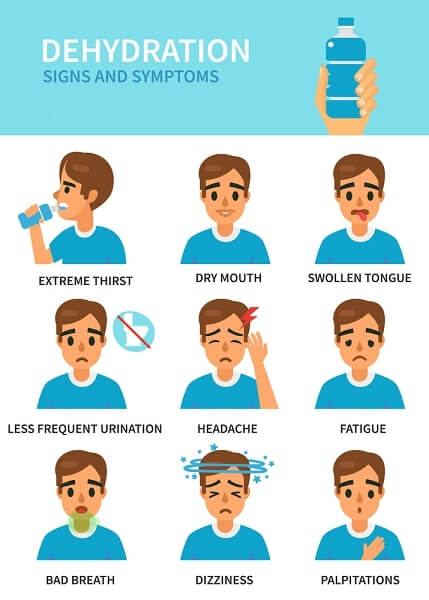
People disregard pain as a form of dehydration. Pain can be actual thirst signals that people ignore and take medication instead of drinking water. Some of these signs are chronic pains which can be easily explained as injuries or infection, but the signals of pain should be first considered excluded as primary indicators for dehydration of the body, before any complicated procedures are forced on you by your physician. I, myself, have experienced this in both shoulder rotator cuffs. This happened at different times when each one froze up, became very stiff and I lost mobility of the shoulder. Fortunately, I had a physician who sent to me to therapy and there we started talking about dehydration during my PT sessions.
Other chronic pain includes: dyspeptic pain (indigestion, upper abdominal pain or belching) rheumatoid arthritis pain, angina pain (heart pain after walking), migraines, hangover like headaches and lower back pain. All of these are lack of sufficient water due to long periods of dehydration.
Overcoming the problem of dehydration is not just a matter of now starting to drink lots of water to catch up for the time you’ve lost. The body won’t use the additional water you give it right away, and if there is a chronic condition or degenerative disease involved, it may need more than just the gradual increase of water for the individual cells of body to start absorbing its newfound stores of water. This is where starting on an alkaline type diet can be a dramatic help for the cells of the body in starting to absorb water in order to cleanse the system (detox). Adding fresh organic vegetables and fruits will accelerate the cleansing process, and if you drink fruit juice it should be diluted with water.
The best way to get started with the hydration system is to start with one -12 ounce glass of water and one digestive enzyme capsule taken before food at breakfast, lunch, and dinner. A similar amount of water should be drunk 2 ½ hours after each meal with one digestive enzyme capsule. This is the very minimum amount of water your body needs. For the sake of not shortchanging your body, two more glasses of water should be taken around the heaviest meal particularly if you are exerting yourself through exercise or when you are out on a hot day.
If you’re looking to accelerate the body to assimilate water, there are different formulas and therapies available. The Aqua Hydration Formulas (Aquas) is a product that is been developed to improve hydration by increasing both intake and uptake of water. This product will improve metabolic function and help eliminate waste. These formulas are designed to restore the thirst sensitivity and improve the bioavailability of water at the cellular level.
Rehydration is an additional factor that can help you reduce the side effects of your PD. It is the most successful way to reduce or eliminate pain in conjunction with Parkinson’s disease.
References:
F. Batmanghelidj, M.D., “Your Body’s Many Cries for Water”
Publisher: Global Health Solutions, Falls Church, VA
John Coleman “Stop Parkin’ and Start Livin’: Reversing the symptoms of Parkinson’s disease” Publisher:
Michelle Anderson Publishing, Melbourne, Australia
To Your good Health.

